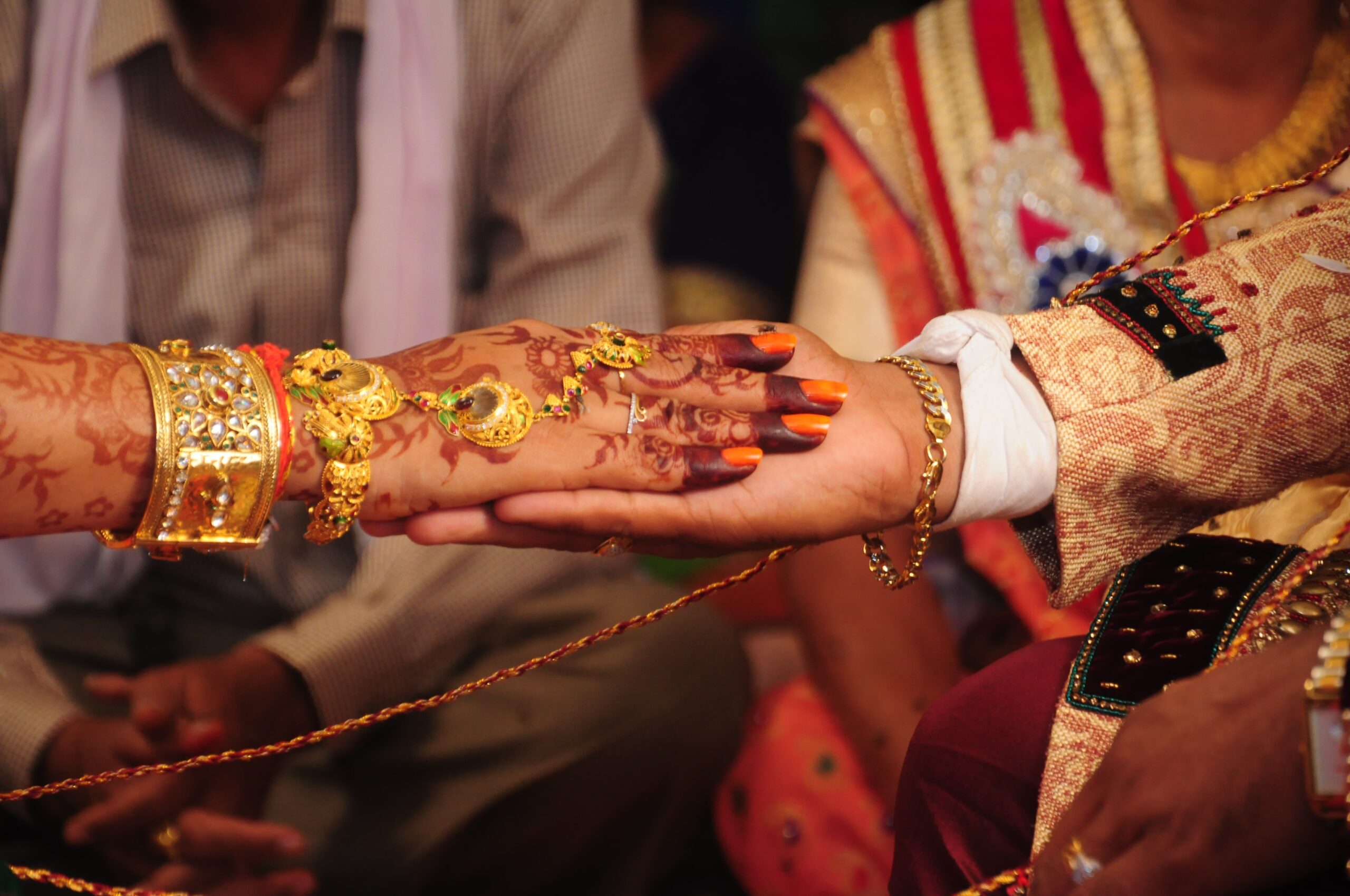It is not just coincidental but also shocking that the caste and other family details of an eminent ruler Sri Krishna Deva Raya, who ruled Vijayanagara kingdom circa 500 years ago (1509-1529), are still a topic of discussion and much searched subject matters on internet today. Just Google with the keyword ‘Sri Krishnadevaraya’, you would find highest searches for ‘Sri Krishndevaraya’s caste’, which signifies a subject of interest transforming into a controversy. Certain castes arguing and fighting to own Krishna Deva Raya is surely turning into a murky affair causing harm to revered profile of the sovereign. Thus eminent author and researcher Sri Muthevi Ravindranath garu with great effort garnered huge quantum of information and delved into to uncover the roots of Sri Krishna Deva Raya’s family and social strata. He brought his findings and judgments in the form of a book named ‘SRI KRISHNADEVARAYALU VAMSA MOOLALU’ launched byformer Chief Minister of Andhra Pradesh Shri Nara Chandrababu Naidu on January 20th, 2018 at AP Secretariat, Velagapudi.
Prominently known as “Andhra Bhoja”, Sri Krishna Deva Raya’s era considered was a ‘Golden Era’, which paved way for literature, culture, and language to flourish. An adept administrator, Devaraya was also renowned for his distinguishing leadership skills. He always led his army from as a courageous general and kept a firm control over his cabinet of ministers. Indian history has seen 100s of kings but only few have attracted the attention of foreign voyagers and historians. Of them Sri Krishnadevaraya was quite prominent and received outstanding attention. Sri Krishnadevaraya was the third king of Tuluva Dynasty preceded by his elder brother Vira Narasimha Raya and succeeded by Achyuta Deva Raya, younger brother of Krishna Deva Raya. Tuluva dynasty was preceded by Saluva and Sangama dynasties, and succeeded by Aravidu dynasty. Founder of Aravidu dynasty Aliya Rama Raya was the son-in-law of Krishna Deva Raya. Nevertheless, while some authors who penned the history of Tuluvas ignored, rather supressed, the origins and ancestries of Sri Krishna Deva Raya, others composed their literary works as per their whims and fancies. Even academics and scholars from Telugu literary world didn’t give importance to origins of Krishna Deva Raya, a situation that gave advantage to Kannada poets and novelists, who started claiming Krishna Deva Raya as a Kannadiga. To dismantle these unapproved and unsupported propagandas about the origins of Tuluva dynasty and Sri Krishna Deva Raya, Sri Muthevi Ravindranath garu determined to conduct a meticulous and rational research and bring out the facts. In his 222 page book authored in historical perspective with the help of inscriptions and literary works, Sri Ravindranath elucidated the need of penning the ancestral origins of Rayulu and his clan, established and articulated robust proofs that Deva Raya is 100% a person of Telugu origin, as well detailed the theories supported by historical and literary evidences relevant to caste of Sri Krishna Deva Raya. The author refers to the migrations of Telugu families that happened from Chandragiri region, Chittoor district to Tulunaadu region in west coast of Karnataka. The author thoroughly researched and established the relations between Tulu and Telugu languages, as well the names of the villages in both the regions. The book is a must read for any books lover, but a value adding piece of literature to those interested in history.
About the Author
Sri Muthevi Ravindranath, who is currently enjoying his retirement life in Tenali, Guntur district, served as Commercial Tax Officer until 2009. Sri Ravindranath also authored other books that include ‘Kaviraju Tripurneni’, ‘Shrama Veerulu’, ‘Mahakavi Sri Sri’, ‘Intinti Vydhyam’, ‘Devudunnaada’, ‘Kooragaadhalu’, ‘Mana Pracheenulu, Aharam, Arogyam, Vydhyam’, and others. A frequent traveller exploring various geographies within India and abroad, Ravindrnath garu authors several articles on cultures and historical monuments of those geographies and shares the same via social media platforms. A great lover of plants, he educates the current generations on the uniqueness of those plants and their medicinal values.




